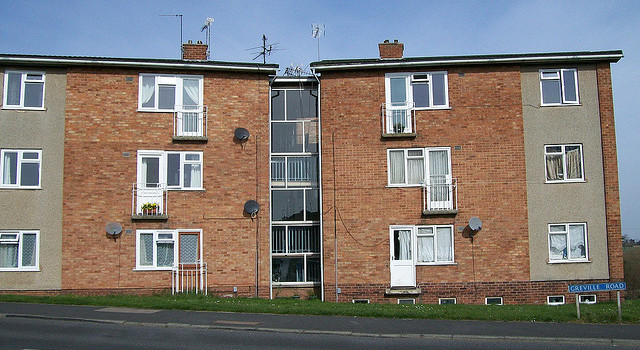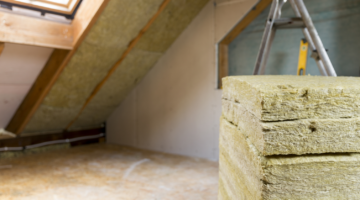
UPDATE: As of 30 March 2016, the government has stopped funding and the Green Deal Home Improvement Fund is closed to new applications. You can read about it here.
There was a low-key announcement by the Green Deal Finance Company last week that could finally see the successful take off of the Green Deal Energy Efficiency Scheme.
Previously the Green Deal has only been available for homeowners who pay their own energy bills, however the Green Deal Finance company have now made the necessary changes enabling Landlords to also get access to Green Deal finance.
This means in effect, that a landlord can get energy efficiency measures installed in their rental property and the tenant will cover the repayment costs. Now although on the face of it, this sounds like the tenants are getting the rough end of the deal, in fact the main mechanism of the Green Deal means that the monthly repayments can’t exceed the energy savings the measures create, so in fact the tenant would be paying these costs anyway through higher energy bills.
This is big news because privately rented properties are on average, significantly less efficient than owner occupied properties and social housing. A survey in 2011 found that around 11.4% of private rented properties were F or G rated. Further, only 38% of private rentals had cavity wall insulation when appropriate, whereas owner occupiers were insulated in 57% of instances and social housing in 63%. So it is clear that there is significant room for straight forward, worthwhile energy efficiency improvements in the sector.
How exactly does the Green Deal and Rentals work?
The first thing to say that is that, although the tenant may request a Green Deal Assessment, it is the Landlord (or owner) that must sign the credit and installation agreement, as the tenant or bill payer will not be liable for any payments after they have left the property.
Of course, in the vast majority of rentals, the bill payer is the tenant and it is the tenant rather than the landlord that will be repaying the loan. They therefore they must agree to take on the finance package. This is done by signing the ‘Bill Payer Explanation and Confirmation’.
If the bill payer is the landlord, then there is only one party involved in the Green Deal Plan, and no consent from the tenant, with regards to the loan, is required.

Who needs a credit check?
If the landlord is an individual, both the landlord and the bill payer will need to have a credit check in order to have the loan. Where the property is rented by a company, only the bill payer will need one. This is because the landlord might have to take on responsibility for the loan if the tenant moves out.
Changing Landlord obligations
This is all good news because landlords are coming under increasing pressure to make their properties more efficient. Legislation coming in for 2018 means no property can be let out with an efficiency rating of F or below. Plus from 2016, tenants will be able to demand better insulation from their landlords. This means that it is very much in the landlord’s best interest to look at the Green Deal as a way to make their necessary energy improvements at no cost to themselves. It makes a lot of sense for them.
What about social rentals?
Up until now, despite many sources telling us otherwise, social tenants have not been able to take out Green Deal finance. With this new announcement, just like private tenants, social tenants can now take out Green Deal finance, really opening up the Green Deal consumer market.
Think we missed something? Do you have a different opinion?
Comment below to get your voice heard…












No Comments yet! Be the first one.